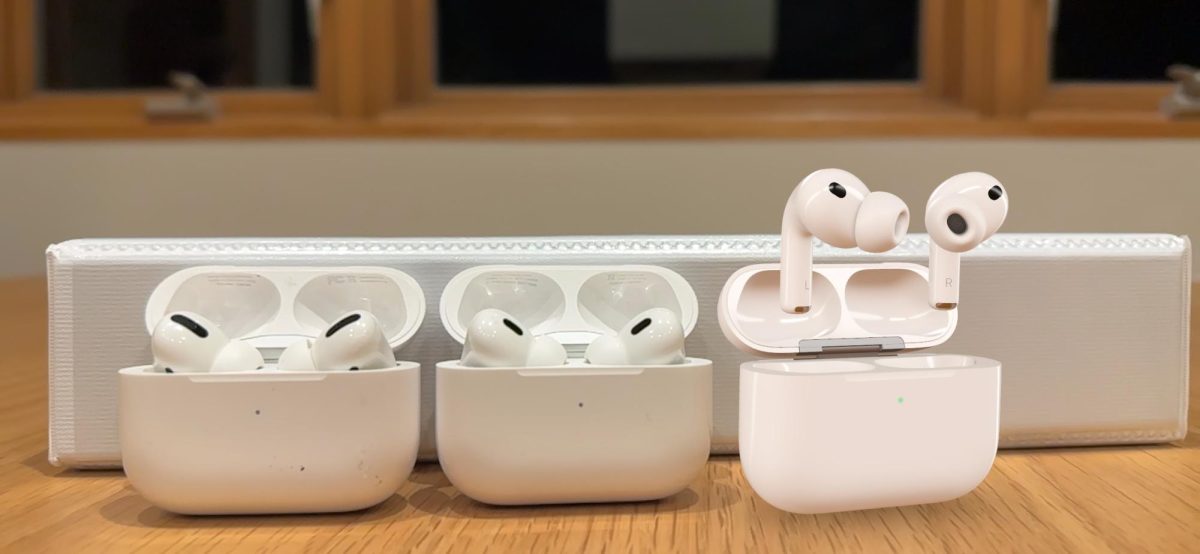Once a radical act of self-preservation, empowerment, and healing, self-care has been co-opted by profit-driven wellness and resultantly morphed into a multi-billion dollar industry. Scroll through Instagram or flip through a lifestyle magazine, and you’re bombarded with pastel-hued images of expensive face masks, luxury body scrubs, and $50 scented candles – all promising to cure your stress and solve any troubles you may face. But behind this curated aesthetic lies a deeper issue: self-care, as sold to us, is increasingly less about well-being and more about consumerism.
The media perpetuates this shift, presenting self-care as a purchasable experience rather than a holistic approach to health and happiness. This commercialization not only excludes those who can’t afford to participate but also distorts the very purpose of self-care, turning it into a tool for temporary gratification rather than sustainable well-being.
According to a study by StyleSeat, an online beauty and wellness marketplace, 88% of Americans have practiced self-care, while one-third have increased their self-care behaviors during 2024. Further, 24% have increased wellness spending since the pandemic – but this isn’t coincidental, and the media plays a significant role. Social media influencers and advertisements present self-care as an aspirational ideal, complete with a checklist of products and services designed to help you achieve it. Luxury spa days, $100 yoga mats, and boutique fitness classes become synonymous with “wellness,” leaving little room for more accessible and often cost-free practices, such as focused breathing or setting boundaries.
The wellness industry thrives on marketing self-care as a lifestyle, one that requires constant consumption to maintain. In doing so, it capitalizes on people’s insecurities and creates new ones, implying that you’re not doing enough to care for yourself if you’re not spending. Meanwhile, this one-size-fits-all approach to wellness excludes those who cannot afford or access these luxuries, creating a dichotomy where self-care is portrayed as a privilege, jeopardizing its intended purpose due to the irony of this consumerist approach.
To reclaim self-care from consumerism, we must first redefine it. Genuine self-care is not about indulgence or appearance – it’s about balance. It’s taking time to rest without guilt, seeking therapy if needed, or even saying “no” to over-commitment. It’s also recognizing that taking care of yourself is not always a solo endeavor – it can involve community care, mutual support, and collective healing.
The media has a responsibility to support this shift. Instead of glorifying expensive wellness products, it should highlight practices that are inclusive and authentic. For example, journaling, meditation, or connecting with nature are low-cost ways to care for yourself that don’t require a marketing campaign, and that can be individually catered to best fit a person’s needs.
However, we must also address the systemic barriers that make media- self-care inaccessible for many. Affordable healthcare, fair wages, and flexible work environments are as critical to well-being as any wellness product. True self-care should empower people to navigate these challenges, not distract them from it with costly objects.
The commodification of self-care is not just a reflection of consumerism – it’s a symptom of how the media shapes societal values. As wellness spending continues to climb, it’s worth asking who truly benefits from this version of self-care. The answer often lies in corporate profits, not individual well-being. By challenging the notion that wellness comes with a price tag, we can help shift the focus back to what self-care was always meant to be: a practice that heals, sustains, and empowers rather than one that excludes and exploits. Prioritize actions that nurture your mental and physical health – not because a lifestyle brand told you to, but because you deserve it.
Stress Relief Sold Separately
The Commercialization of Self-Care
January 26, 2025














